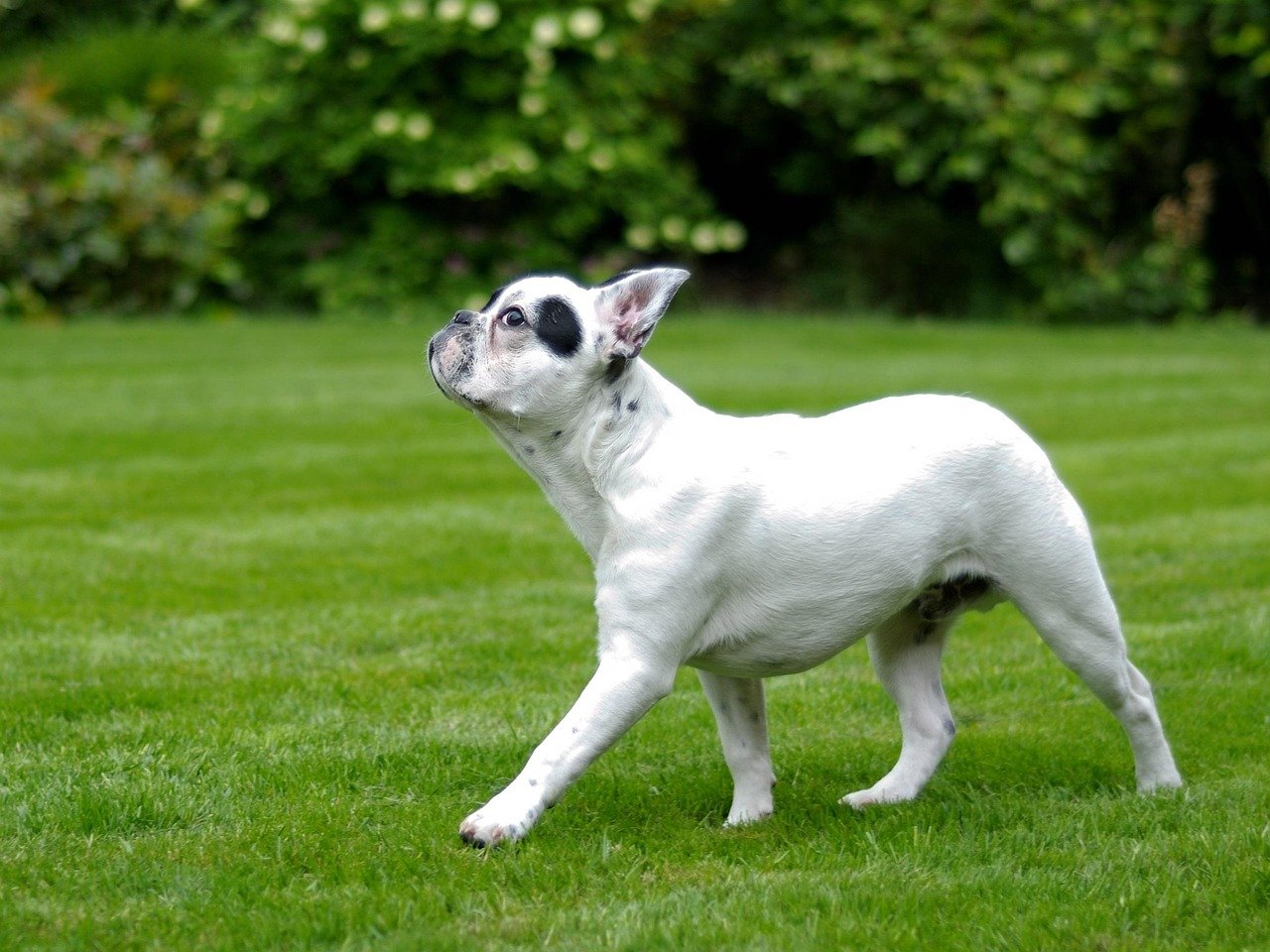French Bulldogs have stolen hearts worldwide with their distinctive bat-like ears and charming personalities. These compact companions bring endless joy to families, but they also require specialized care that sets them apart from other breeds.
Understanding their unique needs isn’t just important – it’s essential for their health and happiness. From their breathing quirks to their sensitive skin, every aspect of Frenchie ownership demands thoughtful attention. Whether you’re a first-time owner or considering adding one to your family, knowing these crucial factors will help you provide the best life possible for your beloved companion.
1. Managing Their Unique Respiratory Challenges

French Bulldogs are brachycephalic, meaning they have short noses and flat faces, which can cause respiratory challenges. The result is brachycephalic obstructive airway syndrome (BOAS). This isn’t just a minor inconvenience – it’s a serious condition that affects how your Frenchie breathes every single day. This breed can also experience brachycephalic obstructive airway syndrome (BOAS), a condition in which several upper airway abnormalities are present.
Due to their flat faces, Frenchies are prone to Brachycephalic Obstructive Airway Syndrome (BOAS), a condition that can cause breathing difficulties, especially in hot or humid weather or high-activity situations. Signs of breathing problems include snoring, heavy panting, or gagging after exercise. Watch for these warning signs during daily activities. Depending on the severity of a French bulldog’s anatomical issues, surgery may be necessary so the affected dog can have an acceptable quality of life. Each Frenchie has unique respiratory limitations, so you should take precautions to prevent your dog from experiencing respiratory distress and other health problems.
2. Temperature Sensitivity and Heat Management

Given that Frenchies have a harder time regulating their body temperature, you should always walk your dog during the cooler parts of the day (generally below 70 degrees Fahrenheit). This temperature restriction isn’t negotiable – it’s literally a matter of life and death for your Frenchie. Heatstroke is a very common problem in French bulldogs because of their inability to regulate their body temperature. Overheating typically occurs when your dog’s body temperature increases to over 106 degrees.
You might also consider having play time in an air-conditioned place during the summer months. Always make sure to bring water and have shade readily available when you are walking your dog outside. Be sure to pay attention to your Frenchie’s behavior when they are out for walks. The first signs of heat exhaustion usually consist of increased panting and foamy saliva. If your dog experiences this, it’s important to help bring your dog’s body temperature down by placing them in cool water and using a fan.
3. Proper Exercise Requirements and Limitations
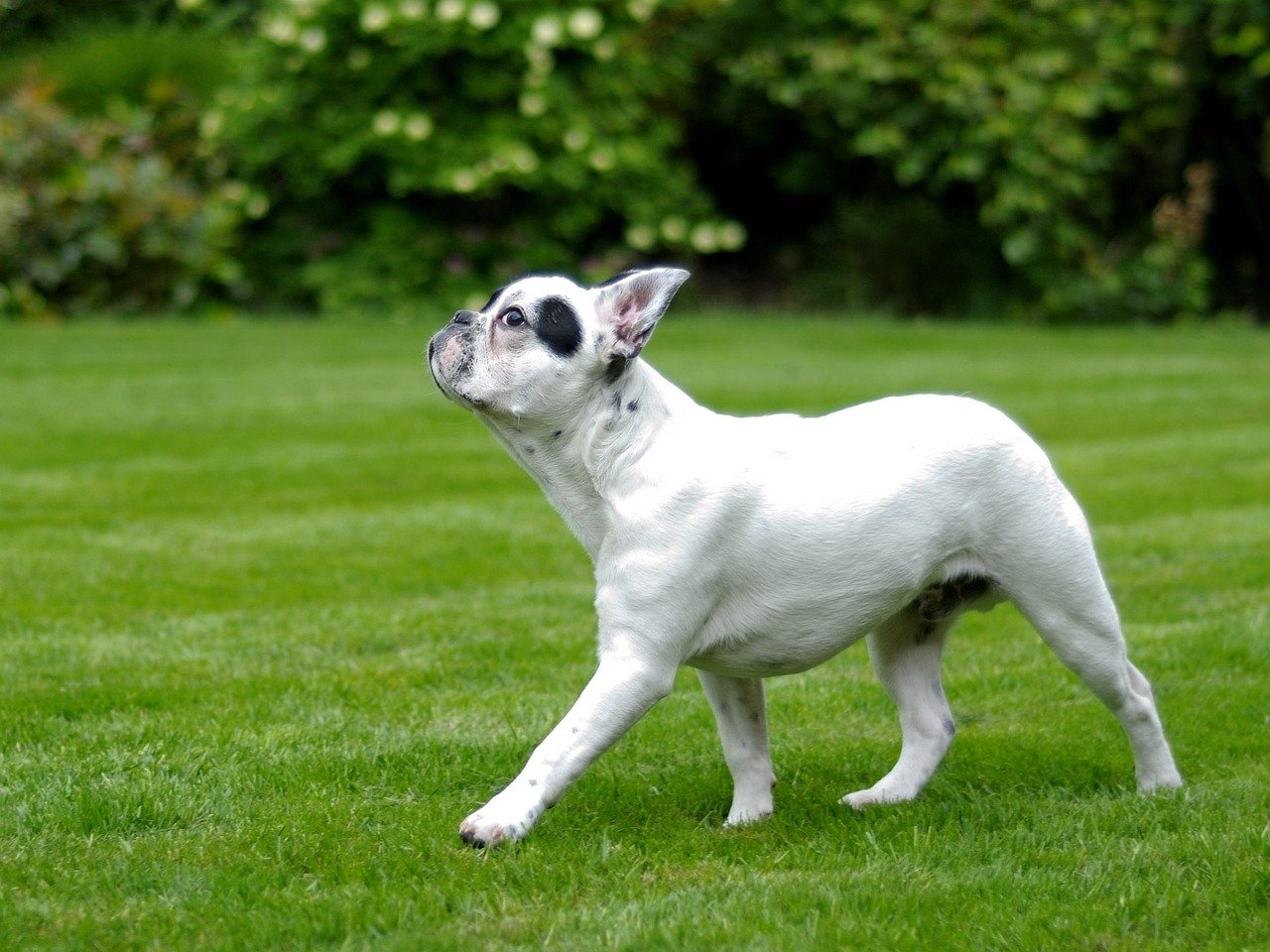
While French Bulldogs don’t require extensive exercise, they do benefit from short, daily walks and interactive play sessions. Just be mindful of the weather, as they can overheat quickly. Think of exercise for Frenchies like a gentle dance rather than a marathon – it’s all about finding the right rhythm. French Bulldogs typically need 20–30 minutes of moderate exercise daily. Avoid strenuous activities, especially in hot or humid weather.
Compared to other breeds, French Bulldogs’ exercise needs are fairly moderate. They’re not overly energetic dogs, and so around 20-30 minutes per day should be all they need. As with most breeds, splitting this exercise over two shorter walks per day is recommended to keep them mentally stimulated as well as physically. Because of the problems they can have with breathing, flat-faced Frenchies are generally better suited to steady walking rather than runs or anything that could put unnecessary strain on their breathing.
4. Weight Management and Obesity Prevention
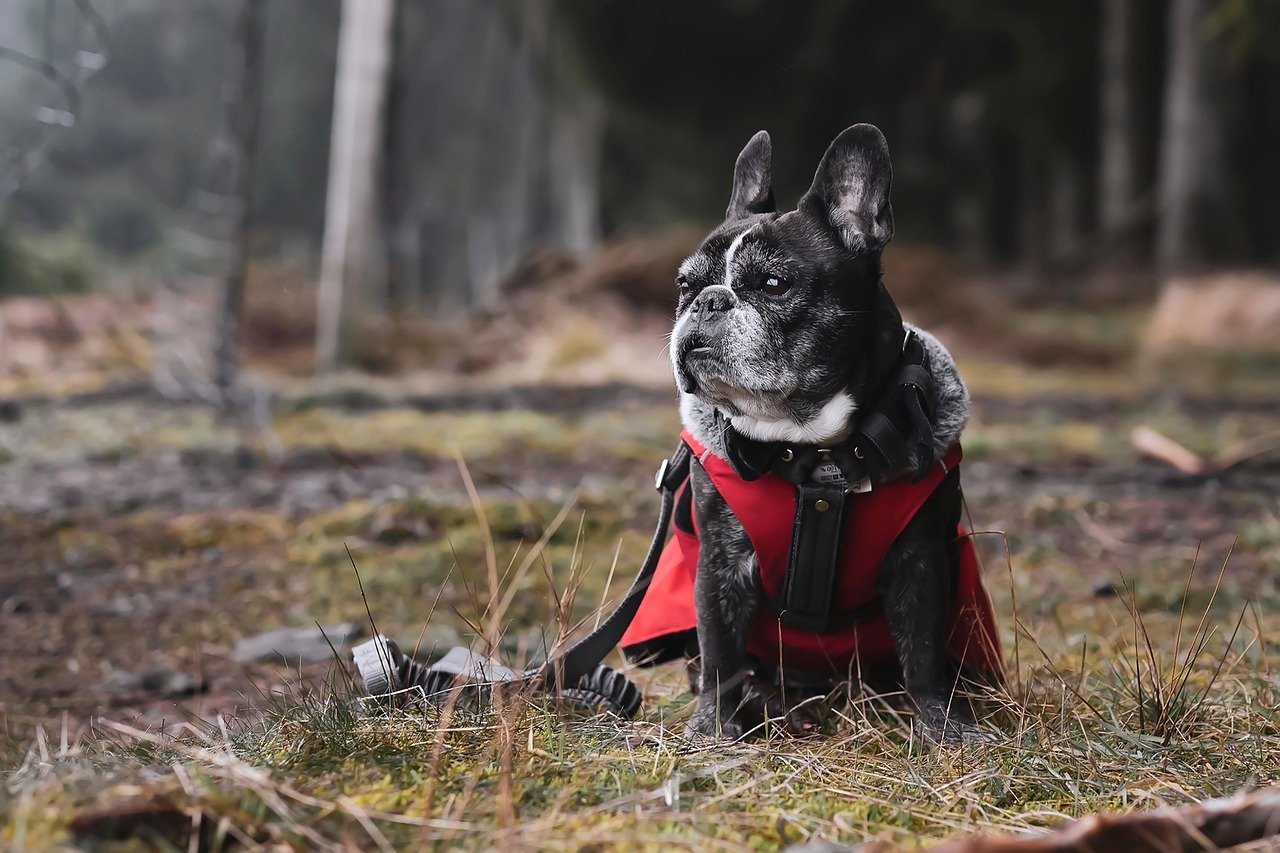
Obesity can be a significant health problem in French Bulldogs. It is a serious disease that may cause or worsen joint problems, metabolic and digestive disorders, back pain and heart disease. Picture your Frenchie’s compact frame carrying extra weight – it’s like asking someone to run a race while wearing a heavy backpack. French bulldogs are prone to obesity, which can lead to or worsen various health problems such as airway issues and back injuries. To keep your Frenchie at a healthy weight, feed them a balanced, high-quality diet.
The ideal weight for an adult French Bulldog typically ranges from 16–28 lbs. Males are usually heavier, weighing 20–28 lbs, while females weigh around 16–24 lbs. Though it’s tempting to give your pal food when she looks at you with those soulful eyes, you can “love her to death” with leftover people food and doggie treats. Instead, give her a hug, brush her fur or teeth, play a game with her, or perhaps take her for a walk. She’ll feel better, and so will you!
5. Skin Care and Facial Fold Maintenance
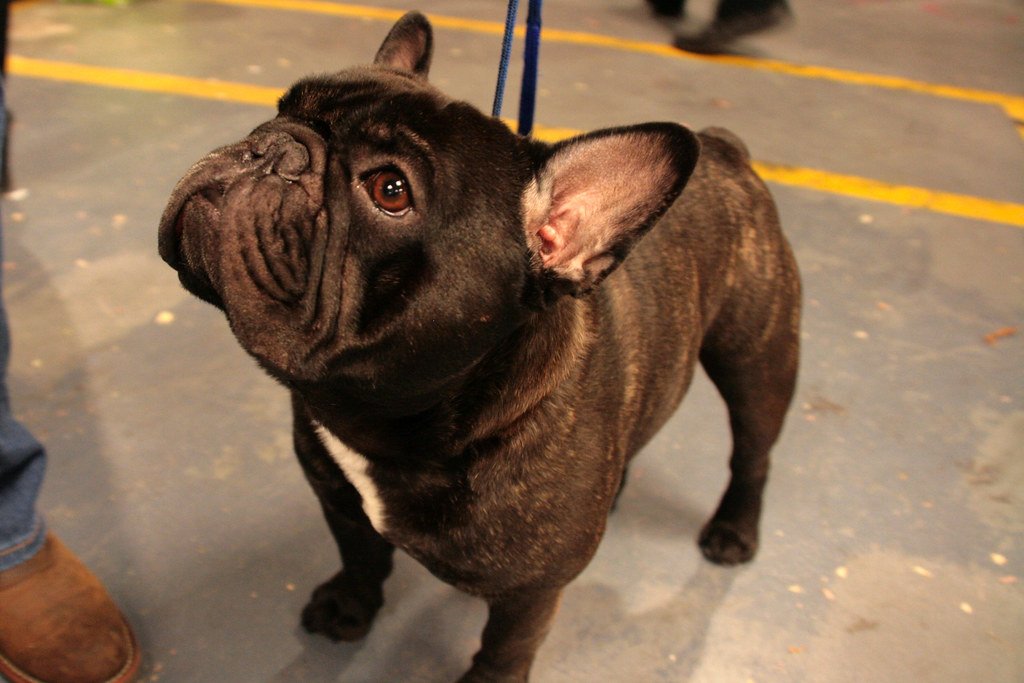
French Bulldogs are prone to allergies and skin infections, especially in their facial folds. Regular, but not too frequent baths and keeping their skin dry can help prevent infections. Those adorable wrinkles that make Frenchies so endearing can become breeding grounds for bacteria if not properly maintained. If you don’t look after your French Bulldog’s skin, it can result in skin fold dermatitis. The wrinkles can become inflamed and sore. Without treatment, the dog’s skin can become infected. While the skin wrinkles are cute, they require special attention.
Clean your Frenchie’s facial folds regularly to prevent infections. Use a damp cloth or unscented baby wipe to gently wipe away any debris, followed by thoroughly drying the area to prevent trapping moisture. If your Frenchie has allergies, they will require more frequent skin care to help reduce inflammation and irritation. In addition to regular bathing, frequent ear cleaning should be provided. Depending on your dog’s ear and skin health, they may need to have their ears cleaned with a medicated cleanser every week or two.
6. Nutritional Needs and Feeding Guidelines

Feed your French Bulldog high-quality, balanced dog food appropriate for their age, weight, and activity level. Avoid table scraps and treats that are high in calories. Keep the number of treats below 10% of their daily calorie intake. Feeding a Frenchie isn’t rocket science, but it does require consistency and quality choices. French Bulldogs’ dietary needs are different to other breeds due to factors such as their size and their energy expenditure. While finding the right amount will likely be trial-and-error, an average-sized adult Frenchie will likely need around 1 – 1 ½ cups of food per day.
Dog owners often have different schedules for feeding their pets, with some feeding just once a day, others twice, and others leaving dry food out for all-day grazing. While ultimately the most important thing is that your pet is fed the correct amount, most experts recommend that splitting this food out over two sessions is best for digestion. Scheduled meal times also make it easier to monitor your dog’s health. If food is left out for them to pick at all day, it can be hard to spot changes in their appetite, which could be a sign of illness. Feeding your French Bulldog two meals a day – one in the morning and one in the evening – and only leaving the food down for a set time is therefore the best method.
7. Grooming and Maintenance Requirements

French Bulldogs have a short, smooth coat that’s relatively easy to maintain, but they do require regular grooming to keep their skin healthy and their fur clean. Don’t let their low-maintenance reputation fool you – Frenchies have specific grooming needs that go beyond their coat. Because French Bulldogs are at risk for skin allergies, they can benefit from a bath every one or two months. If your pup does develop skin allergies, they’ll need a bath more frequently with a medicated shampoo, depending on the severity of the specific skin issues.
French Bulldogs are known for their unusual ears, but unfortunately, they are also a cause for concern. They have narrow ear canals and wide openings, which make it easy for germs and debris to get in and cause an infection. It’s essential to maintain regular cleaning of your Frenchie’s ears and be on the lookout for redness, discharge, or repetitive scratching of their ears. Take your dog to the vet if you suspect an infection because you may need antibiotics to clear it. Because they’re prone to infections, French Bulldog ears should be cleaned every week or two with a canine ear cleanser. Make sure to clean their ears whenever your Frenchie is in water, like after bath time, to ensure the ear canals stay clean and dry.
8. Health Monitoring and Veterinary Care
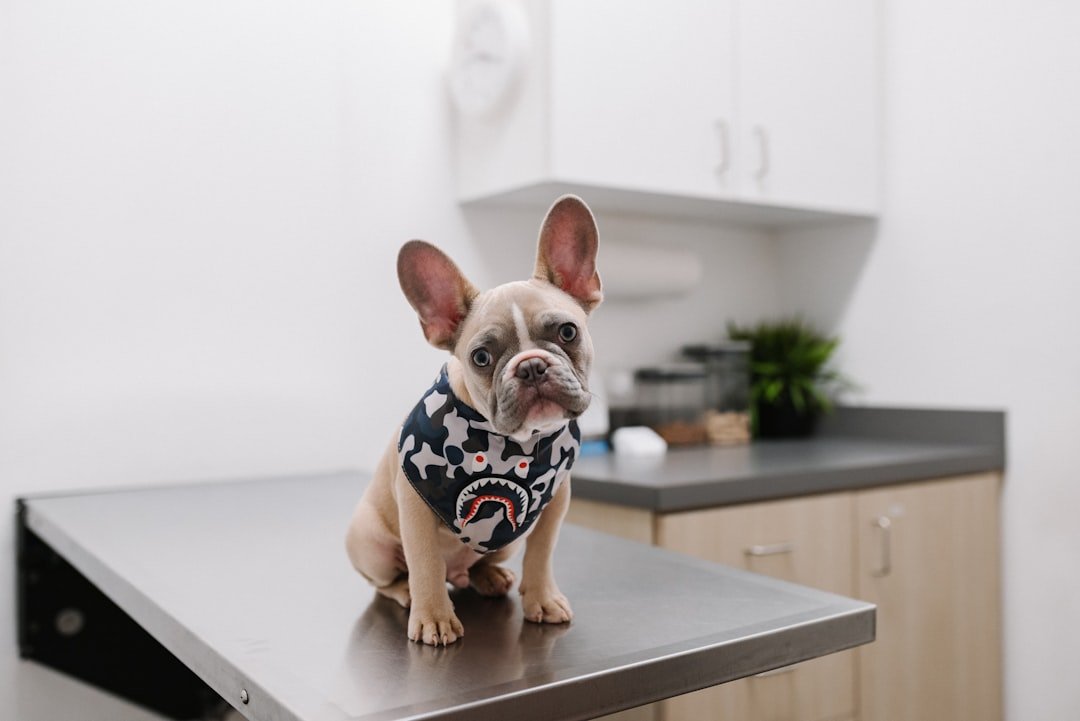
In fact, one study found that French Bulldogs are more likely to develop over 20 common health disorders compared with other dog breeds. While many of these health issues can be treated, they often require surgery or are chronic (requiring lifelong management), and tend to come with expensive vet bills. This reality check might sound scary, but knowledge is power when it comes to your Frenchie’s health. Alarmingly, their study showed that 72.4% of all the Frenchies studied had one or more of these common health problems. Also noteworthy is that these health issues began when the dog was only two to three years old or younger.
As soon as you bring home your French Bulldog puppy, a primary care veterinarian should evaluate them. Always follow through with wellness exams, and ask your vet what at-home care you should be working into your routine – especially when it comes to your Frenchie’s skin, teeth, and weight management. While pet insurance is now recommended for most pets, it’s especially helpful in managing the medical costs that typically come with French Bulldogs. Think of regular vet visits as routine maintenance for a luxury car – essential for keeping everything running smoothly.
Conclusion

Owning a French Bulldog is like having a delightful, quirky roommate who requires special accommodations but rewards you with endless love and laughter. These eight factors aren’t meant to scare you away from the breed – they’re your roadmap to successful Frenchie ownership. From understanding their breathing limitations to maintaining those adorable wrinkles, each aspect of their care contributes to a longer, healthier, and happier life.
Remember, the extra attention French Bulldogs require isn’t a burden – it’s an investment in years of companionship with one of the most charming breeds in the canine world. Your Frenchie will repay your dedicated care with unwavering loyalty, endless entertainment, and a bond that makes every effort worthwhile.
What surprised you most about French Bulldog care requirements?

